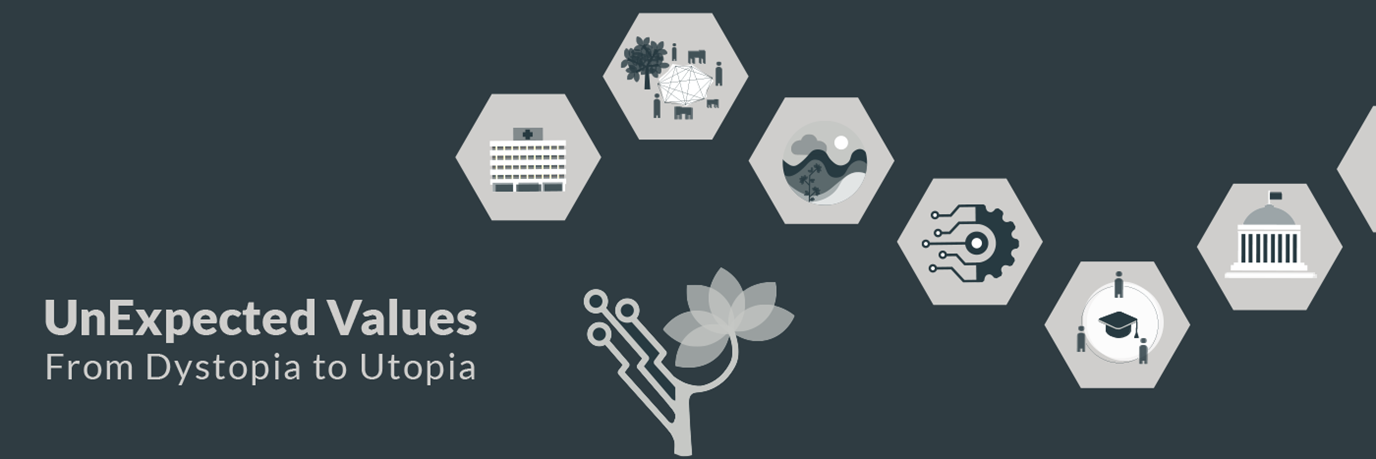Citizen: Who gets to fix our neighborhood?

Context:
Your neighborhood has a pressing issue—rising pollution from a nearby canal. A group of students offers to work with you to investigate the problem and co-create solutions. They will bring fresh ideas, research skills, and community engagement. Alternatively, you could push authorities to handle it through formal channels, relying on established processes but risking slow action.
Dilemma:
A) Collaborate with students for innovative, grassroots solutions.
B) Demand official action and track progress through social media.
Story behind the dilemma:
The Societal Impact Project (SIP) at Maastricht University was designed as an extracurricular initiative to enhance student motivation through three core educational principles: authentic learning, collaborative learning, and scaffolding. Running from November 2022 to June 2023, the SIP engaged first-year Biomedical and Health Sciences students in solving loosely defined, real-world problems relevant to their fields. Students worked in small groups, applying the Creative Problem Solving (CPS) approach across four phases—problem definition, idea generation, evaluation, and implementation—while receiving structured support from trained coaches. Authentic learning was fostered through student-driven problem selection and solution development, while collaborative learning encouraged peer interaction and stakeholder engagement. Scaffolding was provided via workshops, walk-in sessions, and coach guidance, ensuring students could tackle complex tasks independently over time.
Participation was voluntary and credit-free, with students organizing their own progress and attending skill-building workshops. Coaches, experienced in Problem-Based Learning (PBL), facilitated autonomy-supportive environments, offering feedback during mid- and final presentations. The project emphasized intrinsic motivation by aligning tasks with students’ interests and societal relevance. Outcomes included refined problem-solving skills, peer learning, and stakeholder-informed solutions. The SIP demonstrated how combining authentic challenges, teamwork, and tailored support can foster autonomous motivation, though its voluntary nature may limit broader applicability. Further research could explore integrating such models into formal curricula.

